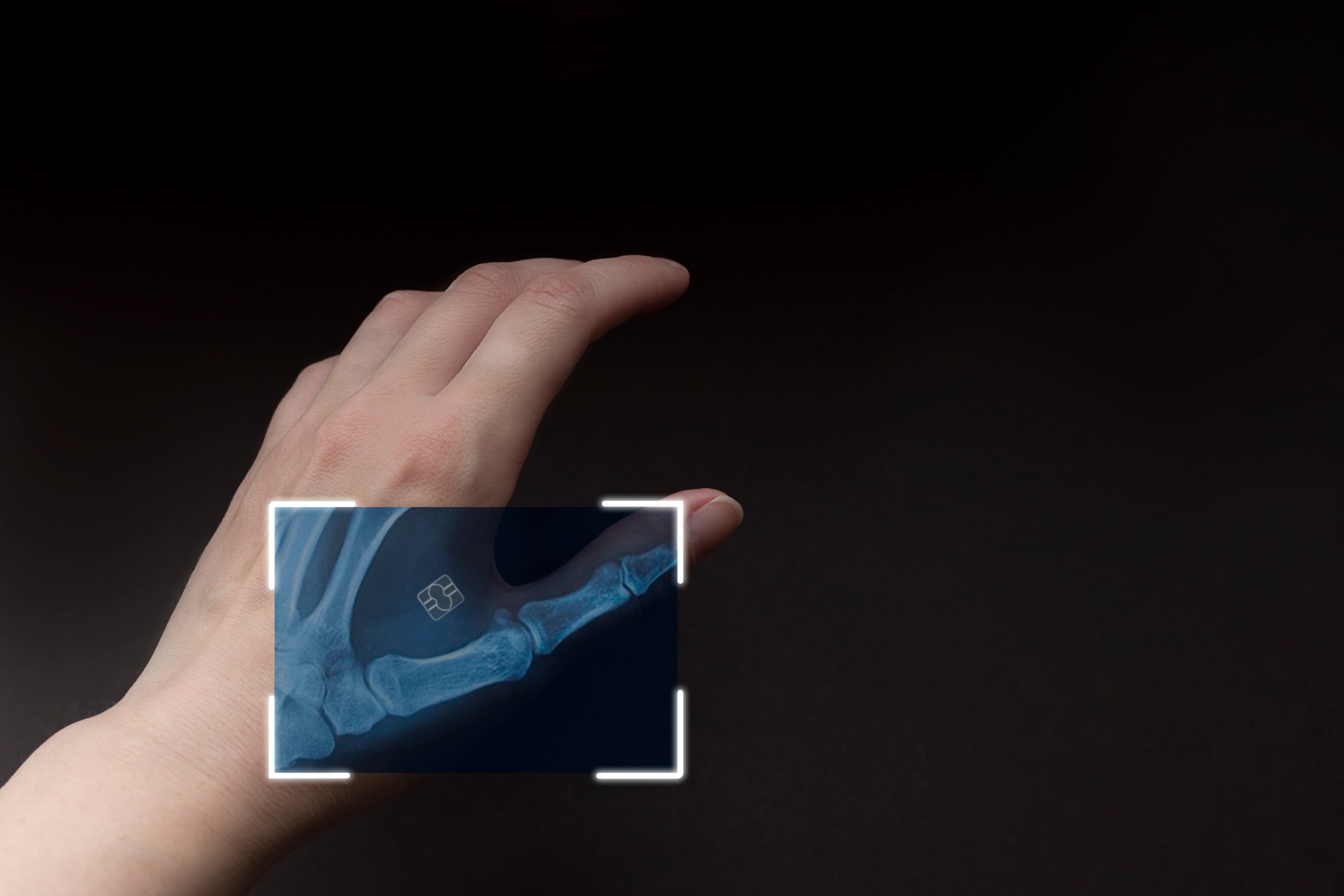|
Getting your Trinity Audio player ready...
|
A bill to ban employers from mandating microchipping of employees was approved by the Alabama House Judiciary Committee Wednesday.
But committee chair Jim Hill, R-Springville, added an amendment to the bill to clarify that the Alabama Bureau of Pardons and Paroles could use microchipping technology in the future to supervise parolees if the technology becomes available and the bureau decides it wants to make use of it.
Cam Ward, director of the Bureau of Pardons and Paroles, made it clear to APR Friday that the bureau isn’t interested in moving toward that technology, at least not under his leadership.
“I would not be in favor of microchipping people on parole or probation, that’s a bit too big brother for me,” Ward said. “We microchip dogs and cats abut we don’t microchip people.”
Hill’s amendment doesn’t require the bureau to use the technology, it simply excludes the technology from the ban. During the committee session, the bill was substituted to include language that the Bureau must promulgate rules governing the use of microchips to supervise parolees.
Ward said he has not heard of any other departments using microchips to supervise parolees, and a quick search did not turn ups any results. However, a 2002 document on offender supervision from the federal Office of Justice Programs briefly mentions microchips that could measure an offender’s blood telemetry levels in a section on emerging technologies.
Rep. prince Chestnut, D-Selma, said he brought the bill as a preemptive measure after reading about Three Market Square, a Wisconsin-based company, that has allowed employees to be voluntarily microchipped to access doors, laptops and even vending machines.
These microchips are Radio Frequency Identification (RFID) chips similar to the microchips used for animals. These chips do not currently have GPS tracking capabilities; they are used in pets to identify the owners should the lost animals turn up at a shelter or vet. Owners cannot use the microchips to track their pets’ locations.
This leaves microchips currently as a poor alternative to electronic monitoring bracelets.
“We have a good robust electronic monitoring program,” Ward said. “I just think, to me personally, I think microchipping is a nonstarter. I think it would be a bad idea. It sounds like a bad sci-fi movie gone wrong.”
















































